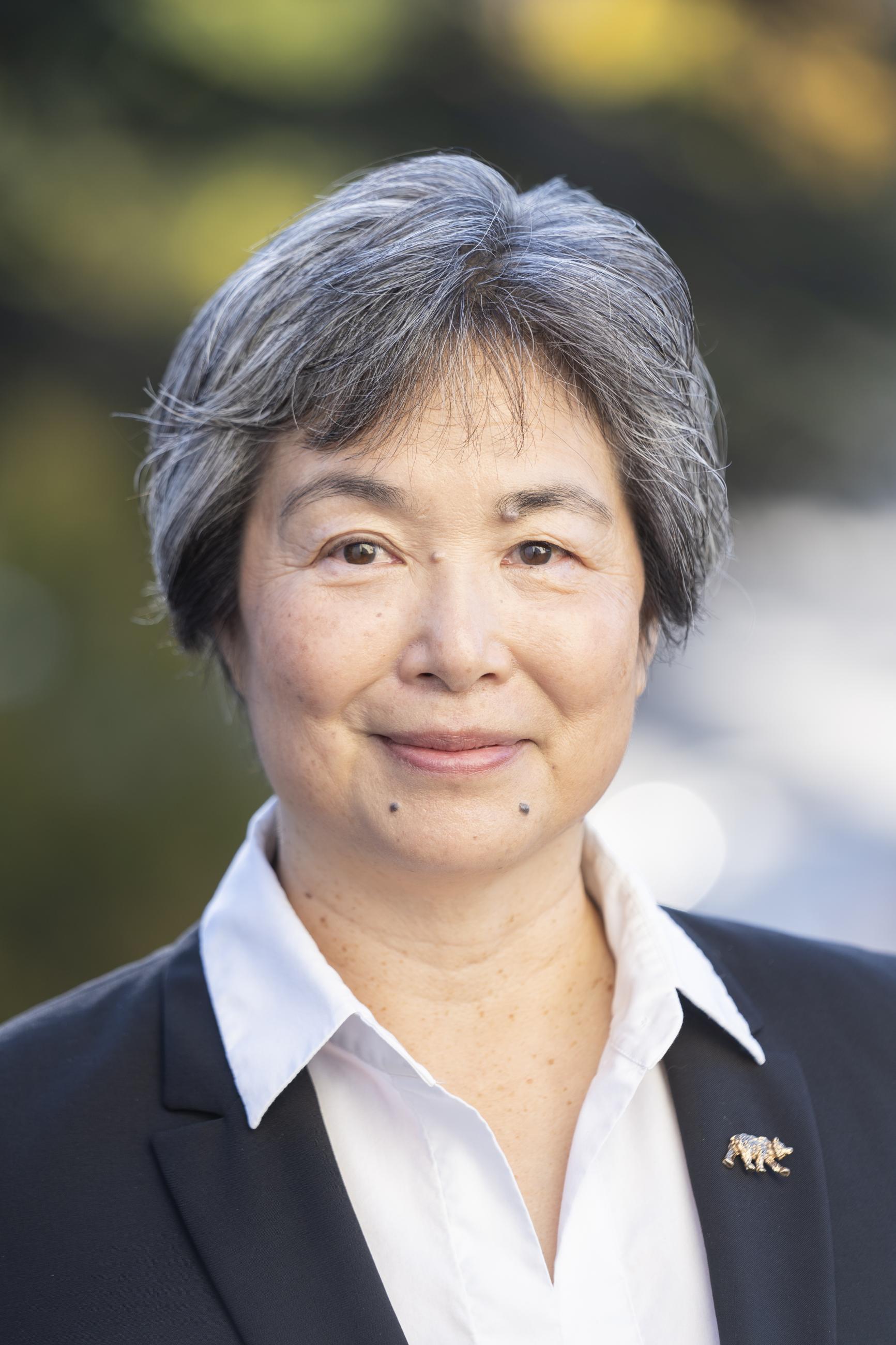
California’s Board of Education should reject a “fundamentally flawed” proposal that would encourage state public schools to replace advanced mathematics courses with data science classes, two UC Berkeley academic leaders wrote in a Los Angeles Times op-ed published today.
The proposed changes to the Mathematics Framework for California Public Schools: Kindergarten Through Grade Twelve, which aim to reduce the math achievement gap for students with the fewest resources, misunderstands the importance of advanced math classes in this computing era, the Berkeley experts argued. The revisions would widen the achievement gap, limit students’ access to technology careers and threaten the future of that workforce.

“Since STEM careers are typically well-paid and in growing fields, the framework would increase inequality, with long-lasting social impacts,” wrote Jennifer Chayes, associate provost for Berkeley’s Division of Computing, Data Science, and Society and dean of the School of Information, and Tsu-Jae King Liu, dean of Berkeley’s College of Engineering.
The proposed changes to the framework, most recently updated in 2013, is the state’s latest attempt to address systemic education disparities in California. The current proposal, which could reduce access to classes like advanced algebra and pre-calculus, reflects public comments and input from two state advisory committees made up mostly of K-12 teachers. But more than 2,000 professionals and academics, including those in the data science field, are opposed to it.
The framework authors’ assertion that computers made some math classes obsolete is wrong, wrote Liu and Chayes. They added that the lack of substantive consultation with university and industry experts in the relevant curricula is concerning, and certain conclusions are not supported by data and reflect “a poor understanding of how fundamental skills in math build on each other.”
“We have seen firsthand how students lacking a strong foundation in math struggle to learn in both data science and engineering at the college level,” they wrote.
While the framework is optional, the recommendations would likely impact poor students more than others, the leaders said.
Low-resourced public school districts are more likely to adopt the guidelines, which could widen racial disparities around access to these courses. Families with means can afford supports like tutoring that would allow their children to learn these subjects outside of school, exacerbating the access gap.
Rather than eliminating advanced math courses, the framework should recommend additional professional development for teachers leading those math courses, Chayes and Liu wrote.
“With over 10% of the country’s population living in California, it is imperative to get math education right and not rush a decision that could jeopardize student success and the future STEM workforce,” the Berkeley leaders wrote.
Liu and Chayes encouraged the public to learn more about the proposed California Math Framework. Members of the public can send comments about the framework to the state board at mathframework@cde.ca.gov. Comments are due May 16.
